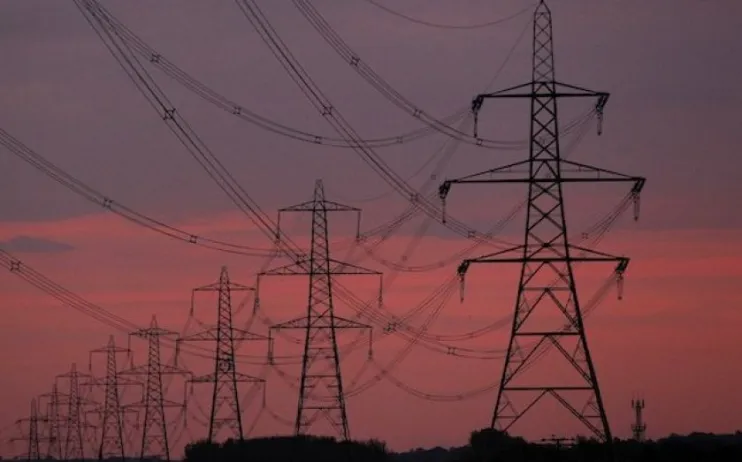The government must allow network operators to invest in crucial grid reinforcements if the UK is to meet net-zero targets and bring down energy bills by reducing the UK’s dependence on gas, the renewables industry has warned.
Speaking in front of a cross party group of MPs this week, Chris Hewett, chief executive of Solar Energy UK, said investment in the transmission grid “is in the interest of the consumer, businesses and the taxpayer”. He added that the UK must invest in the grid “to get renewables into the system as soon as we possibly can because that’s the cheapest power and that will bring everyone’s’ bills down”.
In written evidence to the Environmental Audit Committee (EAC), the solar trade body said it had received extensive reports of solar projects being delayed – sometimes into the 2030s – because distribution network operators (DNOs) could not connect them.
Solar Energy UK said it knew of more than 40 projects and 3.5 GW of capacity which had been impacted or delayed by grid connection problems, representing at least £1.37bn in capital investment.
The delays are not just confined to the solar sector. In December, six trade bodies representing the UK energy sector including trade body Renewable UK, consultancy Regen and the Electricity Storage Network, wrote to the Department for Business, Energy and Industrial Strategy (BEIS) asking the secretary of state, Grant Shapps, for his “personal leadership to address constraints on the electricity network”.
The letter noted that renewable energy projects are facing delays of up to 15 years. The trade bodies said they were concerned that this was delaying billions of pounds of private investment needed to deliver on the UK government’s targets for renewable energy generation. It is expected the UK will almost double its electricity demand by 2050.
National Grid has recognised the problem. In a report published last month it said it was getting “tougher for all parties to complete the work necessary to provide connection offers within the timescales prescribed by licence without other adverse impacts”. There are currently 234 GW of renewable energy waiting to be connected to the grid. National Grid says it is therefore carrying out “a major programme of reform to redesign the existing connection process”, which includes ensuring inactive projects are not blocking the pipeline.
Speaking during a one-off EAC inquiry into onshore solar energy this week, Hewett said the government needed to let the energy regulator Ofgem allow DNOs to invest more in the transmission grid. While the accepted consumers would ultimately pay for this, he said it would amount to only “a very small slice of the consumer bill”.
“The much larger chunk goes on generation,” he said. “The fact that we are now keeping more expensive generation on the grid is keeping everyone’s bills up. So, the faster we get our investment on the grid then the faster we can drive out gas, which is largely what is driving the increase in consumer bills.”
Hewett said the government could change the duties of Ofgem to allow it “to change the way it can assess the investment from DNOs and National Grid so that more money can be invested sooner”.
He also said there was case for the infrastructure bank to invest public money into the grid in the short-term given that “this is now critical infrastructure like the transport sector which is really starting to slow down economic growth”.
BEIS has been contacted for comment.

